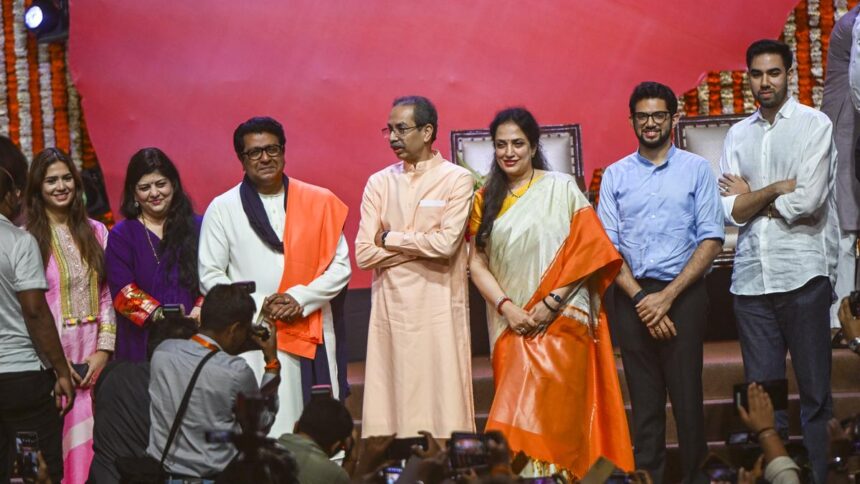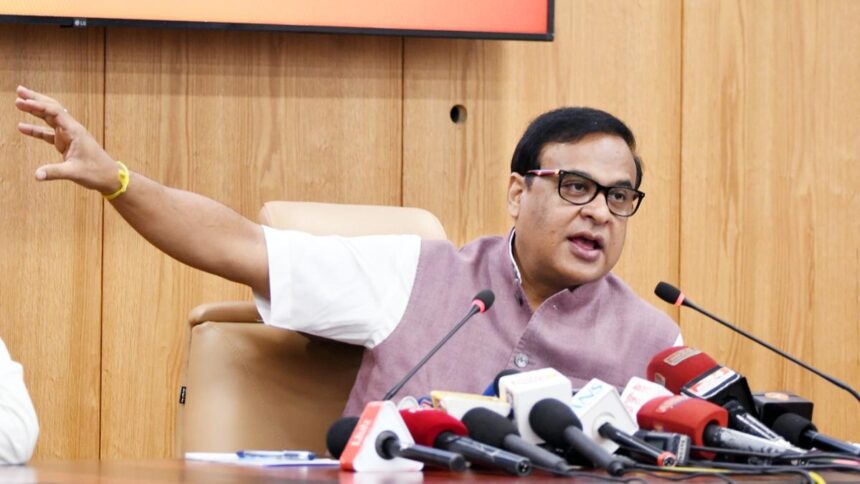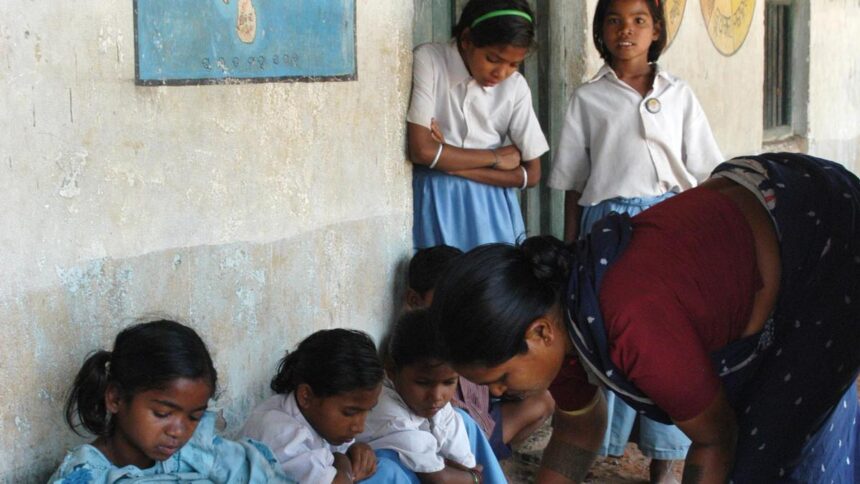
Women garment workers attending an event titled ‘Safe Workplaces, Equal Voices’ in Bengaluru on Sunday.
| Photo Credit: SUDHAKARA JAIN
Over 350 garment workers, mostly women, gathered at the Kondajji Basappa Auditorium in central Bengaluru on Sunday to deliberate on workplace safety, gender equality, and dignity at work. The programme was titled ‘Safe Workplaces, Equal Voices’.
Cividep India, along with Munnade, Sadhana Trust, Samruddi Trust, and the Karnataka State Garment and Textile Workers Union (KSG & TWU), collaborated to bring forth the initiative.
“This attempt has always been to educate workers of their rights, to give them strength to ask questions and come together as collectives,” said Deepika Rao, Executive Director, Cividep India.
Ms. Rao said that the problems faced by women workers are primarily related to health, adding that as a result of extreme working conditions, they are retiring as early as 45 with their bodies getting overly exhausted. In the absence of retirement allocations or funds, these women further take up domestic work at local shops or homes, she said.
“Workers are subjected to severe exploitation on a daily basis, ranging from the absence of basic facilities like drinking water and sanitation to the lack of access to rights like PF and OT. The initiative is made to draft an asking body that questions,” said M. S. Asha Devi, feminist critic, writer, and professor at Maharani Cluster University, Bengaluru.
Nagalakshmi Chowdhary, chairperson of the Karnataka State Women’s Commission, said, “Many are unaware of basic rights in the industry. There are provisions made with no one accessing it, like the Prayojakatva Yojana — an allowance of ₹4000 every month being provided by the government to single mothers. Without understanding and questioning the necessary allocations and rights, it becomes tough to move forward,” she added.
“With a visit to a garment industry located in Peenya, the conditions I witnessed were as poor as a lack of basic seating for the employees. Thus, an immediate action plan was sent out to provide resources like orthopaedic shoes to help women standing for longer hours. Though the response was minimal, it was a start,” stated Ms. Chowdhary.
Today, issues like factory deaths, accidents, and serious sexual harassment cases are not unknown, though unofficially, the parties are now being held responsible, Ms. Rao added.
“Our daily targets are to make around 1,000 jeans across the belt; the absence of even one worker affects the whole production, and every single employee has to face the consequences. While there is still verbal abuse, the working environment has now become a lot better,” said Bhagya, a garment worker in Bengaluru.
The gathering underscored the need for stronger State and industry intervention, even as workers and grassroot leaders continue to press for safer, more dignified workplaces.
Published – August 31, 2025 09:58 pm IST




















